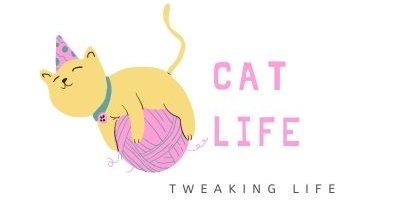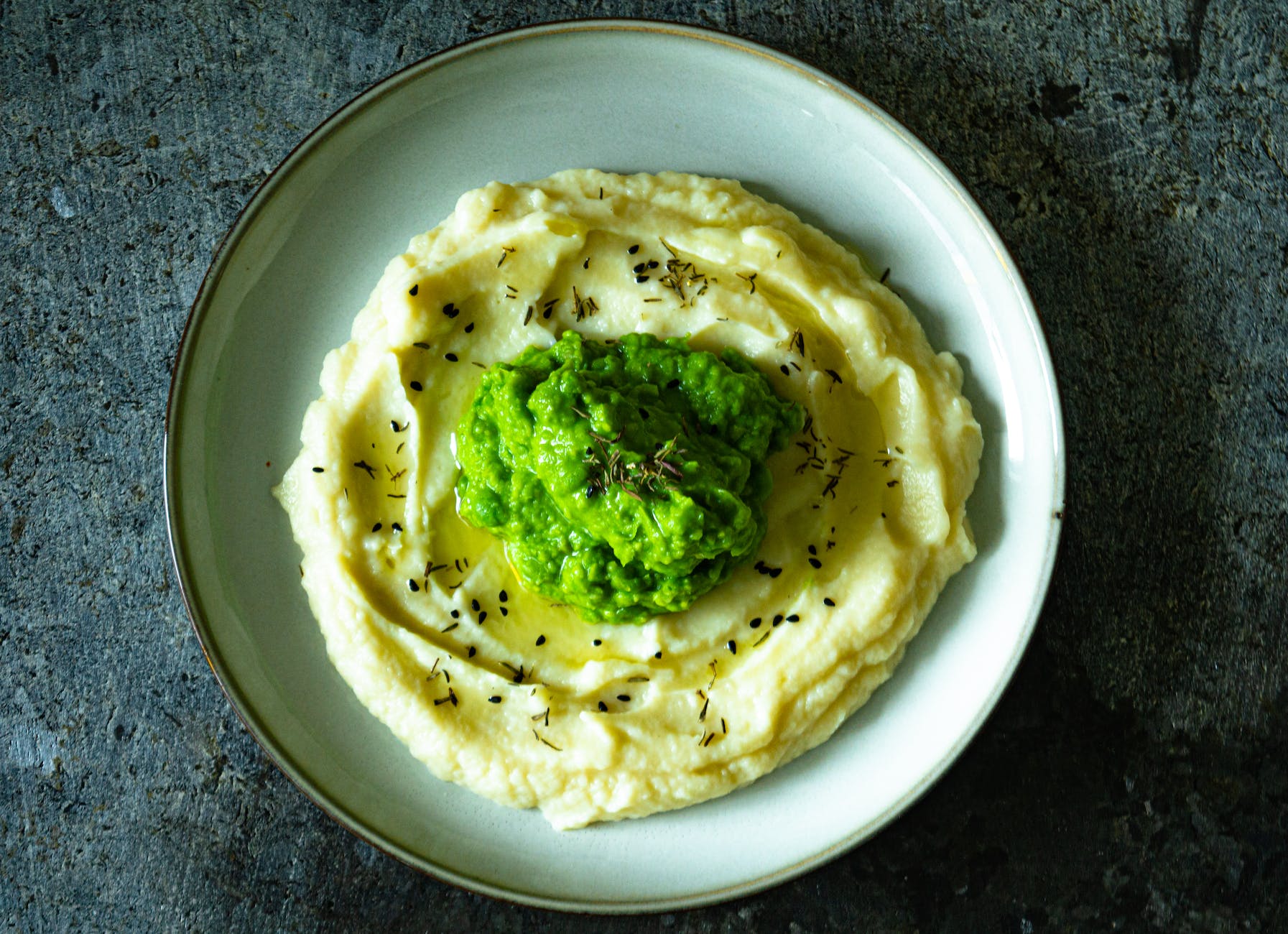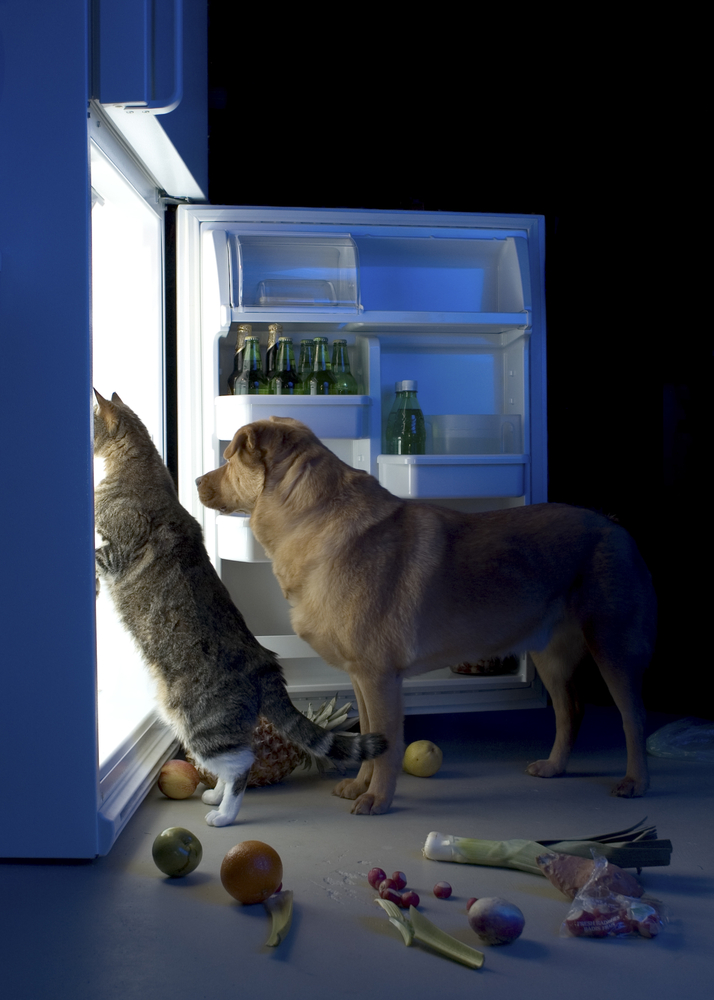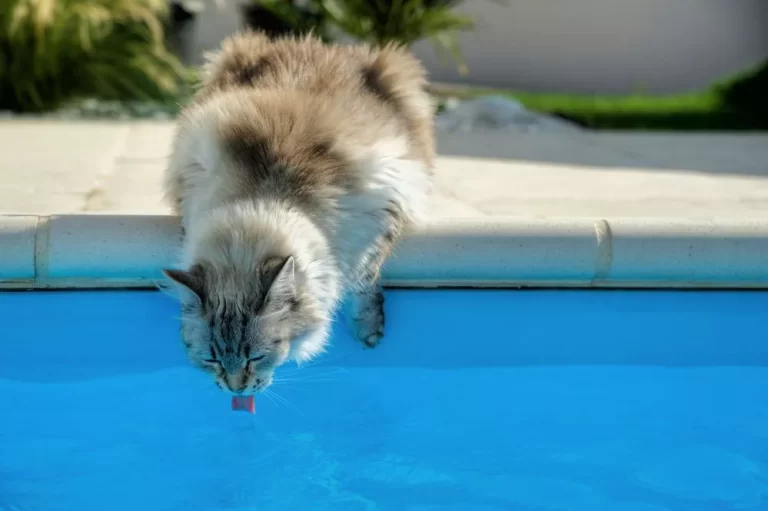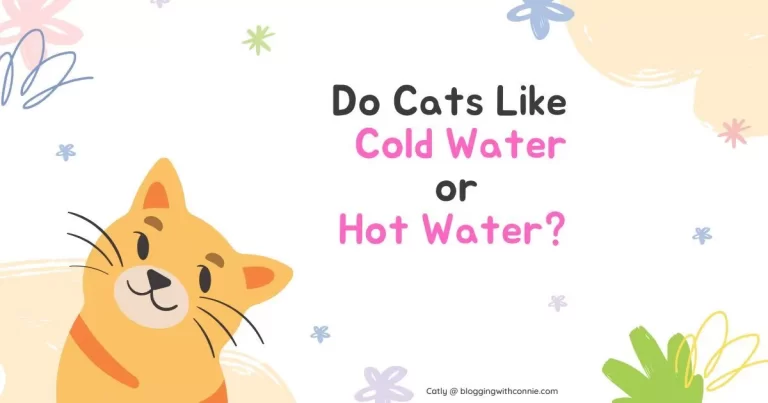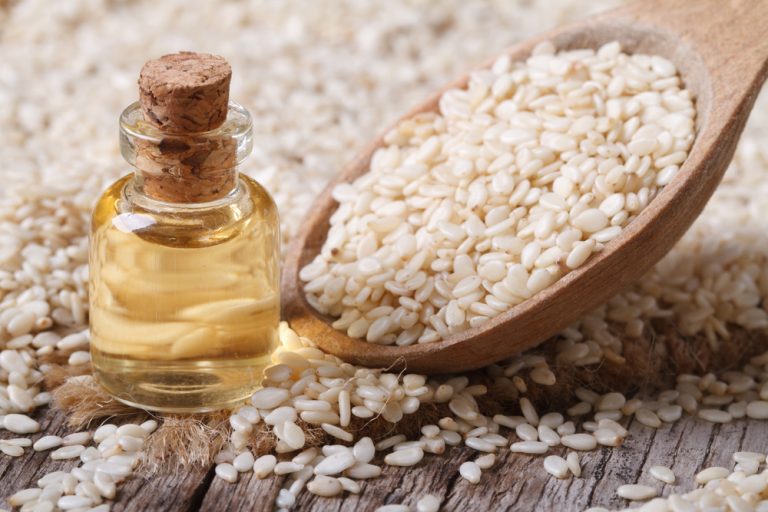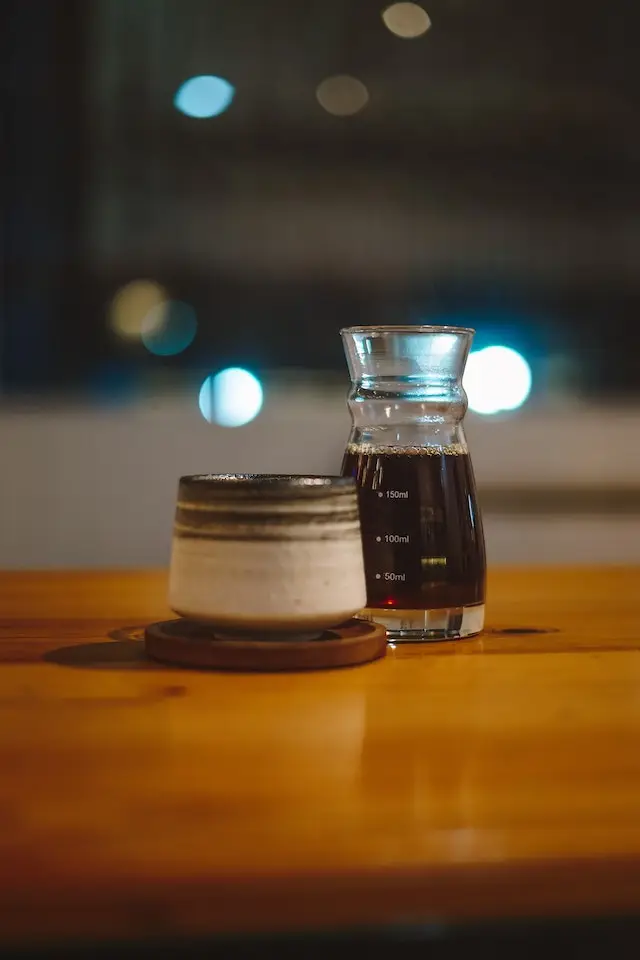Can Cats Eat Baby Food? All you need to know
One of the most common questions I’ve been asked is “Can cats eat baby food and is it safe for them?”
This question came up recently as my cat has just started eating baby food. So, let’s explore this together, shall we?
- Can Cats Eat Baby Food?
- How Much Baby Food Can Cats Eat?
- What are the benefits of feeding baby food to cats?
- What are the risks of feeding baby food to cats?
- How often should I feed my cat baby food?
- How Much Baby Food Should I Give My Cat?
- How Long Can a Cat Eat Baby Food?
- What Are the Best Baby Foods for Cats?
- How To Feed Your Cat Baby Food
- Things to consider before feeding your cat some baby food
- 3 Alternatives to Baby Food for Cats
- What should I supplement baby food with for my cat?
- Is it Okay for Me to Give Baby Food to My Elderly Cat?
- When Should You Feed Your Cat Baby Food?
- FAQs
Can Cats Eat Baby Food?
Yes, cats can eat baby food. Standard baby food is normally pureed and can be very helpful to your cat in special circumstances.
There are many different types of baby food available, but meat-based formulas are usually the best for cats. You can find these in most supermarkets or online.
Is baby food safe for cats?
Feeding your cat small amounts of plain, unsweetened baby food is generally safe. However, it’s important to avoid giving your cat any foods that contain onions or garlic, as these can be toxic to cats.
What are the ingredients in baby food?
Ingredients vary depending on the brand and type of baby food, but they typically include some combination of fruits, vegetables, cereals, and meat or dairy products.
How Much Baby Food Can Cats Eat?
Cats love to eat baby food, and it can be a healthy treat for them. However, you should only give them a small amount at a time. Too much baby food can cause digestive problems for cats.

What are the benefits of feeding baby food to cats?
Easier for cats to digest
Baby food has a smoother texture making it easy for your furry friend to digest it. It can be a great option for senior cats, kitties recovering from illnesses, and cats who have sensitive stomachs.
Can help cats gain weight
Considering baby food is packed with nutrients, it can definitely help your furry bestie gain some weight. If your cat has dental issues and difficulty chewing, then it can be a great addition to their diet.
Beneficial to cats with kidney disease
Baby food is easier to digest than adult cat food making it a good option for cats with kidney disease who may have trouble digesting their food properly.
Additionally, it is also higher in moisture content than adult cat food. This can be helpful for cats with kidney disease who need to stay hydrated.
Also, baby food can be a good source of nutrients for cats with kidney disease who may not be able to eat enough of their regular diet to meet their needs.
Has Low Amounts of Sugar
Baby food generally has lower amounts of sugar than regular cat food. This can be beneficial for cats who are diabetic or obese.
Uses organic ingredients
Baby food leans more towards usage of organic ingredients considering it is meant for babies. Organic ingredients are grown without the use of synthetic pesticides and fertilizers. This means that they are better for the environment and for your health.
Additionally, organic foods have also been shown to contain higher levels of antioxidants and other nutrients than non-organic foods.
This is a plus for your furry friend since organic is always better.
What are the risks of feeding baby food to cats?
1. Choking Hazard:
Baby food is often softer and more liquid than regular cat food, which can pose a choking hazard to cats. Make sure to supervise your cat while eating and avoid giving them large chunks of baby food that could potentially get stuck in their throat.
2. Allergies:
Some cats may be allergic to ingredients in baby food, such as dairy or soy. If you notice your cat having any adverse reactions after eating baby food (such as vomiting, diarrhea, or excessive scratching), discontinue feeding it immediately and consult your veterinarian.
3. Nutritional Deficiencies:
Baby food is not a complete and balanced diet for cats and should only be fed as a supplement or occasional treat. Feeding baby food exclusively can lead to nutritional deficiencies over time, so it’s important to make sure your cat is getting all the nutrients they need from their regular diet as well.
How often should I feed my cat baby food?
Cats should only consume small amounts of baby food as a treat or supplement to their regular diet. Baby food should not make up more than 10 percent of your cat’s daily caloric intake.
How Much Baby Food Should I Give My Cat?
The amount of baby food you give your cat will depend on their size, calorie content, and appetite. A good rule of thumb is to offer no more than one teaspoon per pound of body weight per day.
For example, a 10-pound cat could have up to two teaspoons of baby food per day. Be sure to check the label on the baby food for calorie information and adjust the amount accordingly.
Frequency:
You can feed your cat baby food once or twice a day, depending on their appetite. If they seem to enjoy it and want more, feel free to increase the frequency.
How Long Can a Cat Eat Baby Food?
You should only give your cat baby food as an occasional treat, and not as a regular part of their diet.
Baby food is high in calories and can cause weight gain in cats. It is also important to make sure that the baby food you give your cat does not contain any onions or garlic, which can be toxic to cats.
What Are the Best Baby Foods for Cats?
There are many types of commercially available baby foods, but not all are appropriate for cats. The best type of baby food to feed your cat is strained meat or vegetable purees as long as they do not contain any onions, garlic, leeks or chives, which can be toxic to cats.
How To Feed Your Cat Baby Food
1. Start by offering your cat a small amount of baby food on a spoon or your finger. If they seem interested, let them lick it off the spoon or your finger. You can also try mixing a small amount of baby food with their regular wet food or kibble to get them started.
2 . Once they seem comfortable eating small amounts of baby food, you can start increasing the amount you offer at each meal. Try not to overfeed them though, as too much soft food can lead to diarrhea.
3 . If you are feeding them canned baby food, make sure to offer fresh water as well, as canned foods can be high in sodium.
4 . You can also make your own homemade baby food for your cat using cooked, pureed meats or vegetables. Just be sure to avoid adding any spices or salt.
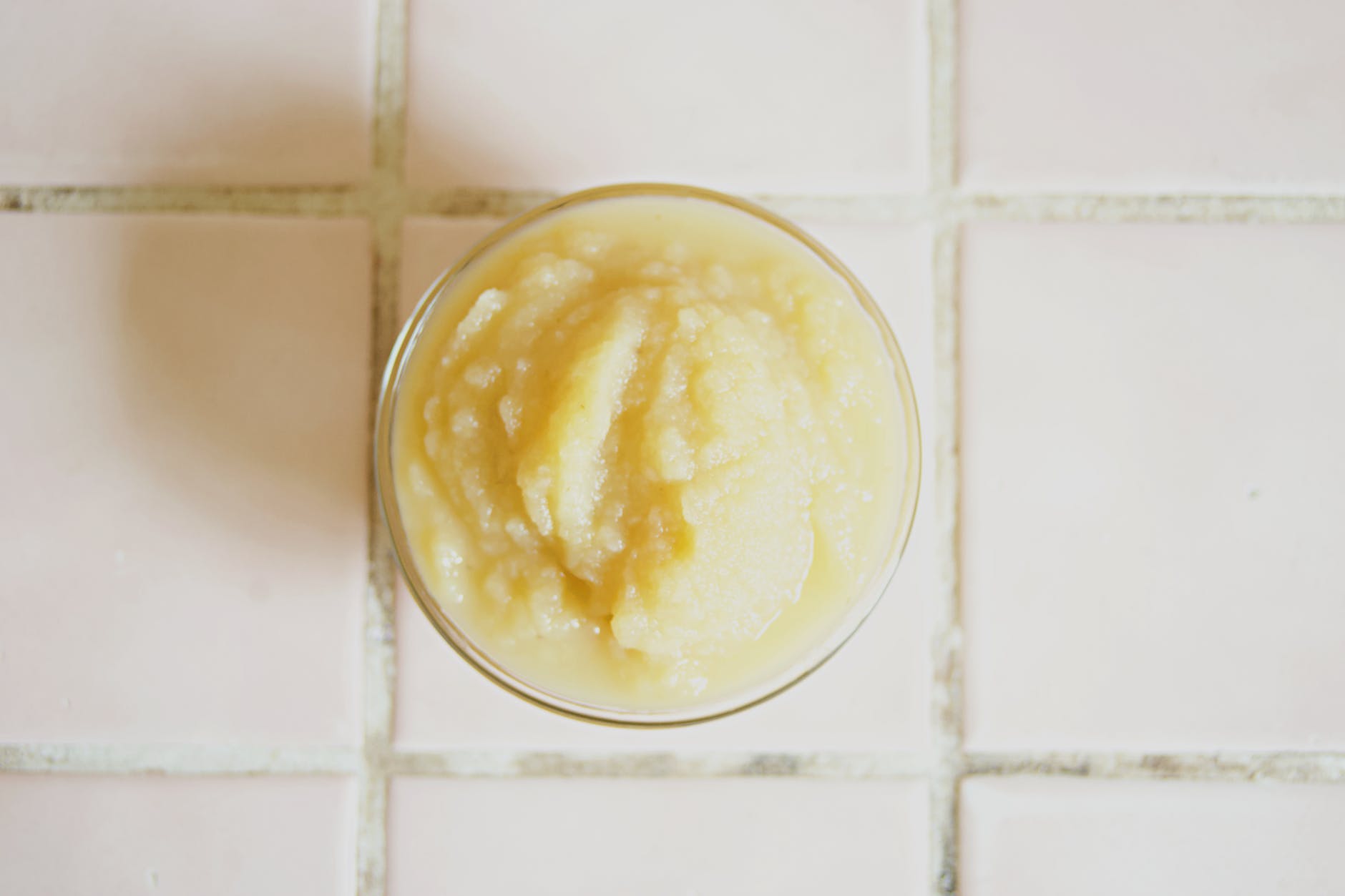
Things to consider before feeding your cat some baby food
1. Check The Ingredients
When it comes to feeding your cat baby food, the most important thing to consider is the ingredients. You’ll want to make sure that the food is free of any ingredients that could be harmful to them.
Some common allergens for cats include dairy, wheat, and soy, so you’ll want to avoid any foods that contain these ingredients.
You should also check the labels for any artificial flavors or colors, as these can be harmful to your cat as well.
2. Stick With All Natural Baby Food
When shopping for all-natural baby food, look for brands that use organic ingredients. These will be free of pesticides and other harmful chemicals.
Additionally, ingredients in all-natural baby food are simple and easy to digest. There are no added fillers or preservatives that can upset your cat’s stomach.
3. Don’t Just Feed Your Cat Baby Food
In as much as baby food is a great meal, it is not a complete and balanced diet for your cat. You need to supplement to get all the required nutrients.
Consider a diet that contains high-quality protein from animal sources, moderate fat levels, and low carbohydrate levels.
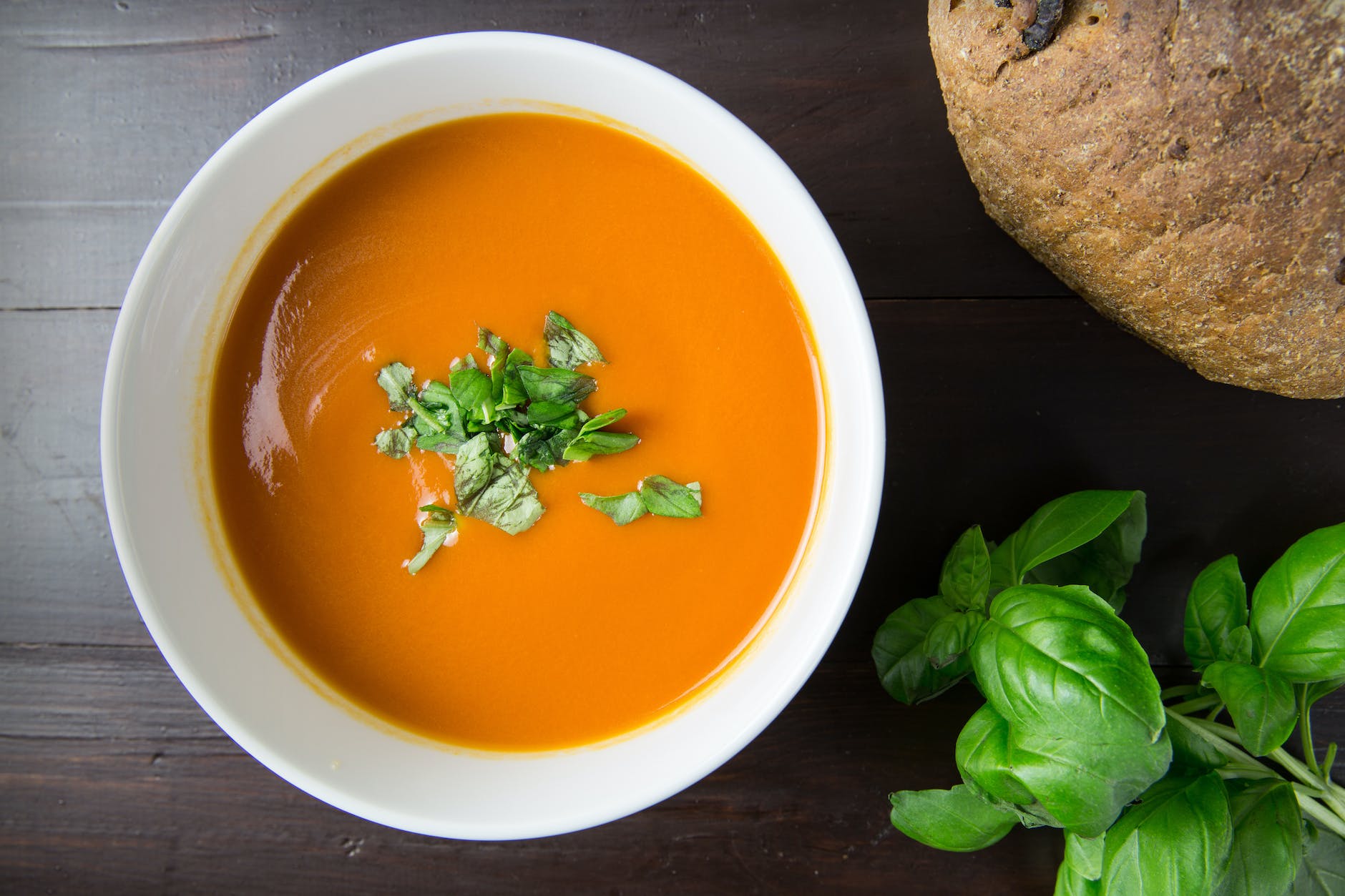
4. Keep In Mind That Your Cat Will Have Preferences
Some cats like baby food because it is a new flavor. Other cats may not like it because they are used to the taste of their regular food. Try different flavors of baby food to see what your cat likes.
While some cats like the smooth texture of baby food others prefer the chunky texture of adult food. Try different textures of baby food to see what your cat likes.
Other kitties prefer their food at room temperature while others prefer it warm or cold. Try serving the baby food at different temperatures to see what your cat prefers
3 Alternatives to Baby Food for Cats
1. Prescription Food
Prescription food is a type of food that is specially formulated to meet the nutritional needs of cats with certain medical conditions.
They may be higher in certain nutrients, such as protein or fiber, and lower in others, such as carbohydrates. Some prescription foods also contain special ingredients that can help manage specific medical conditions.
Pros and Cons:
There are both pros and cons to feeding your cat prescription food. On the plus side, these foods can help your cat get the nutrients they need if they have a medical condition that makes it difficult to digest or absorb nutrients from regular food.
Additionally, some prescription foods contain ingredients that can help manage specific medical conditions.
On the downside, prescription foods can be more expensive than regular cat food, and they may not be as palatable to some cats.
If you’re considering switching your cat to a prescription diet, talk to your veterinarian about whether it’s right for your pet
2. Homemade Soup
The main advantage of homemade is that you can control what your cat can eat. Here is one of my fav cat recipes for some homemade soup:
1 cup cooked, shredded chicken
1/2 cup cooked white rice
1/4 cup carrots, chopped
1/4 cup peas, frozen or fresh
3 cups water or chicken broth
Instructions:
1. In a medium pot, combine all ingredients except water or chicken broth.
2. Add enough water or chicken broth to cover the ingredients. Bring to a boil over medium heat, then reduce heat and simmer for 15 minutes.
3. Let cool slightly before serving your cat. Can be served warm or cold.
Benefits:
This homemade soup is packed with nutrients that are essential for your cat’s health, including protein, carbohydrates, vitamins, and minerals. Plus, it’s easy to digest and can be a good way to hydrate your cat if he’s not drinking enough water on his own.
It’s also a great alternative if your cat is having trouble eating solid food due to illness or old age. The soft texture of the soup will be much easier for him to eat and digest than dry food or kibble
3. Kitten Food as an Alternative to Baby Food for Cats
Kitten food is an alternative to baby food for cats. It is designed specifically for kittens and young cats. It is important to read the label carefully to make sure that the product is appropriate for your kitten’s age and weight.
What should I supplement baby food with for my cat?
Proteins:
Cats are obligate carnivores, meaning that they require animal-based protein in their diet to thrive. Baby food is generally low in protein, so it’s important to supplement it with a source of high-quality protein. One option is to mix in some canned tuna or chicken. You could also add a small amount of cooked meat or eggs.
Fat:
Cats also need fat in their diet for energy and to support healthy skin and coat. Baby food is often low in fat, so you may need to supplement it with a little bit of olive oil, coconut oil, or another type of healthy fat.
Vitamins and Minerals:
In addition to protein and fat, cats need certain vitamins and minerals to stay healthy. Some baby foods are fortified with these nutrients, but others are not.
If your cat is eating baby food as part of a balanced diet, they will be getting all the vitamins and minerals they need from other sources such as meat, fish, eggs, and fortified cat foods.
However, if your cat is only eating baby food then you may want to consider adding a multivitamin/mineral supplement to their diet.
Is it Okay for Me to Give Baby Food to My Elderly Cat?
It is generally safe to give your cat some baby food as a treat. However, make sure it does not contain any onions or garlic, as these can be toxic to cats.
Keep in mind that baby food shouldn’t be a regular meal replacement, as it does not contain all of the nutrients that a cat needs to stay healthy.
If your cat is elderly or has health problems, you should check with your veterinarian before giving them baby food, as some ingredients may not be suitable for them.
When Should You Feed Your Cat Baby Food?
After Surgery
The main reason to feed your cat baby food after surgery is to help them recover. It is easy to digest and full of nutrients, both of which are important for a speedy recovery.
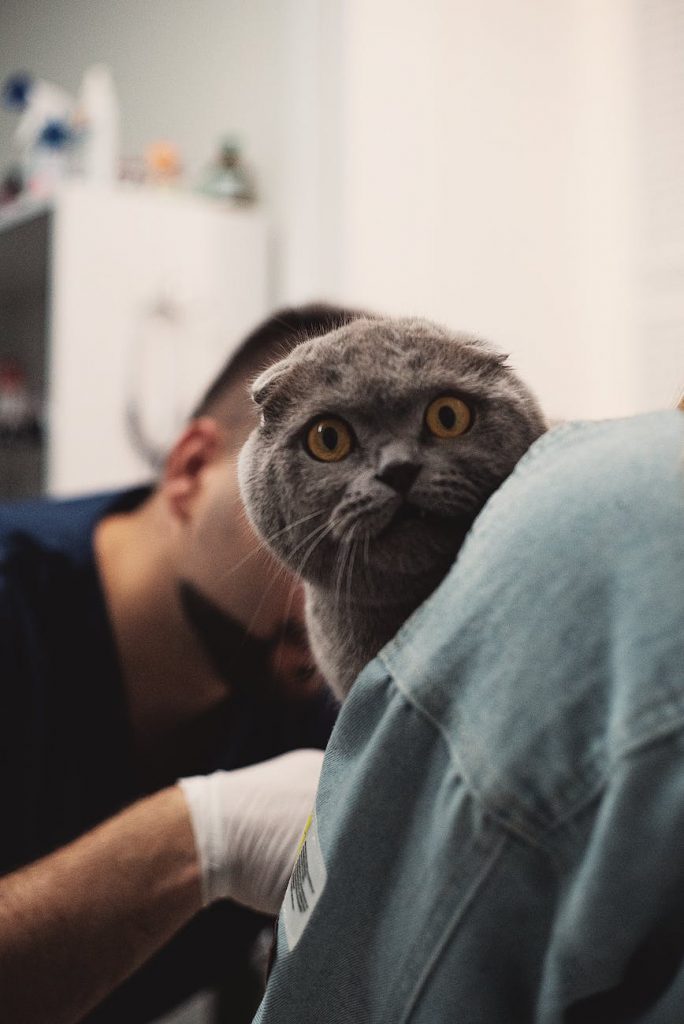
After An Injury
Since it’s easier to digest, baby food can help an injured cat feel better faster. Additionally, it is packed with nutrients that can help a healing cat recover more quickly.
FAQs
Can Cats Eat Gerber Baby Food?
Yes, cats can eat Gerber baby food. However, it is important to note that Gerber baby food should only be given to cats in small amounts as a treat or occasional snack. Baby food should not be used as a replacement for a cat’s regular diet.
What are the benefits of feeding cats Gerber baby food?
There are several benefits of feeding cats Gerber baby food. Baby food can help to entice picky eaters. And, it can also be used as a way to provide extra nutrition for growing kittens or senior cats who may have trouble chewing or digesting their regular diet.
Can A Sick Cat Eat Baby Food?
If your cat is sick and not eating, baby food can be a good way to get some nutrition into their system. You, however, need to consult your vet first.
